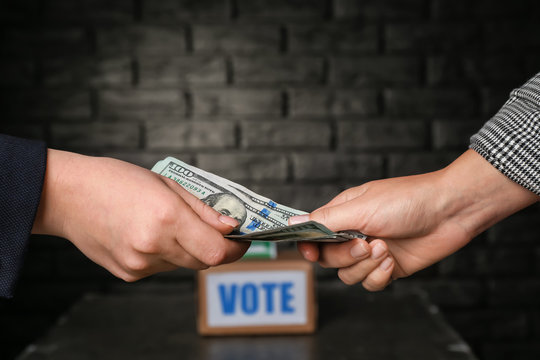Lobbying is an interest facet of politics, because while flat out bribery is not allowed, our country allows bribery’s cousin to slip by with no issues: lobbying.

According to Encyclopedia Britannica lobbying is “any attempt by individuals or private interest groups to influence the decisions of government”. Lobbying involves huge sums of money being “donated” to politicians to help them run their campaigns and fund election efforts. In return, politicians will allow for policies that are in the interest of large corporations or wealthy individuals who lobbied to keep the “donations” flooding in.
Lobbying is a threat to true democracy and yet barely ever gets the attention it deserves. It is assumed by the voting public that elections determine which policies get put through and which don’t make the cut. Unfortunately, this is far from the much harsher reality that lobbying has most of the influence on politicians and policies. In 2014 Benjamin Page and Martin Gilens conducted a study based on twenty years of Congress policymaking and found that the average US citizens exerts little to no influence, “The chances of a policy passing Congress was basically unaffected by how many or how few of the public supported it” (Second Rate Democracy).

The evidence that policies are now being made for the wealthy rather than the average citizen is apparent when you take a look at business tax rates in the past several years, “Since the 1950s, the share of federal revenue brought in by the corporate income tax has plummeted from 26.6 percent to 6.1 percent” (Second Rate Democracy). It is ridiculous to think that a policy for cutting business taxes will get seen and passed first before a policy on raising the federal minimum wage gets passed.
So what can we do in order for the problem of lobbying to get fixed?
Public financing of campaigns is one option, in which private institutions would be barred from donating too much to politicians. However, wealthy individuals would still have majority influence in these instances. While there has been legislation in the past to try and decrease the influence which lobbying efforts have, they have been overall ineffective. Lobbying may be a problem which we cannot get rid of, as politicians need funds for their campaigns, and wealthy individuals will always try to gain influence in the political realm.
For now, all we can do is hope that the money falls into the hands of the right cause.

